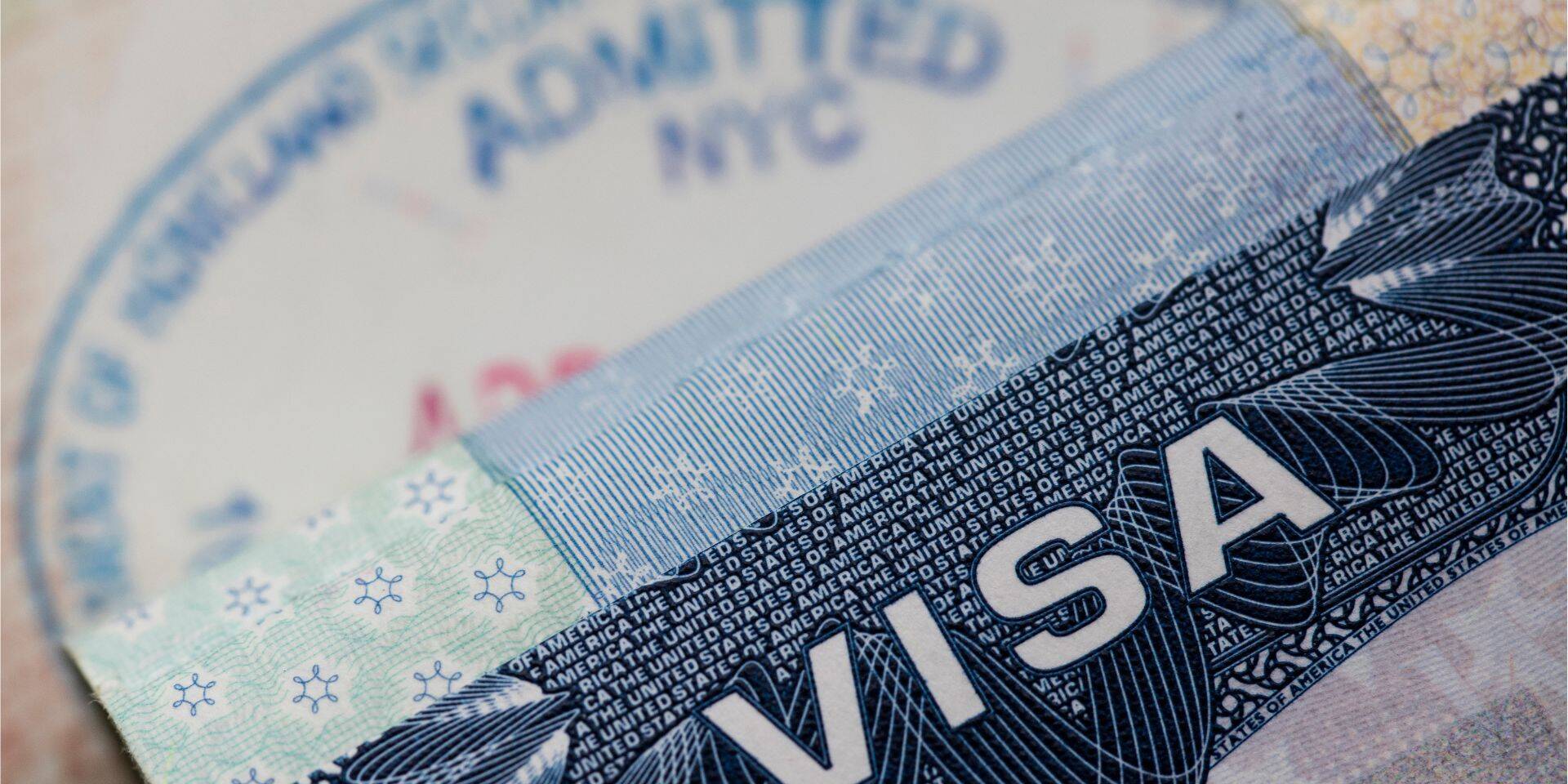U.S. Customs and Border Protection (CBP) officials cannot conduct warrantless phone searches at all U.S. ports of entry. While CBP had the right to access travelers’ electronic devices and social media to determine if they could pose a national security threat, these searches aren’t always exempted from needing a warrant. Here is what travelers need to know about warrantless phone searches at U.S. ports of entry.
Traveler’s rights against warrantless searches decrease when they’re within 100 miles of any port of entry, meaning anyone entering the U.S. can be questioned. While no one is required to give immigration officials their passwords, the lengths agents can go to obtain them varies depending on a person’s legal status. Citizens and lawful permanent residents cannot be denied entry simply for refusing to give border agents their phone password, but they can be confiscated and held for multiple weeks or even months. If this happens, be sure to right down the name and badge number of the officer who confiscated the device and request a receipt. Noncitizens and tourists can be denied entry, making not complying with border agents much riskier.
It’s important to note that biometrics, things such as face id or thumbprint id, are not always protected the same way as actual passwords. While protected by the Fifth Amendment in theory, many courts have ruled they can be an exception. There have also been reports of border agents simply forcing people’s fingers onto their phones or holding it up to their faces to unlock them. It’s there extremely important for individuals to research the jurisdiction their point of arrival falls under. For example, customs officials at JFK airport are required to obtain a warrant for phone searches because of a court ruling that applies to all New York City ports of entry.
As always, ILBSG actively monitors ongoing U.S. immigration news. If you have questions about any U.S. immigration related issue, contact us. Working with an experienced attorney ensures you get the right advice based on the most recent laws. In an ever-evolving immigration policy landscape, it’s particularly critical.
Related Posts
May 15, 2025
Federal Judge Denies Granting Nationwide Relief for F-1 Visa Students
A federal judge placed an injunction on…
May 15, 2025
Sixty-Five Percent Rejection for FY2026 H-1B Visa Cap
Registrants for the FY2026 H-1B visa…



